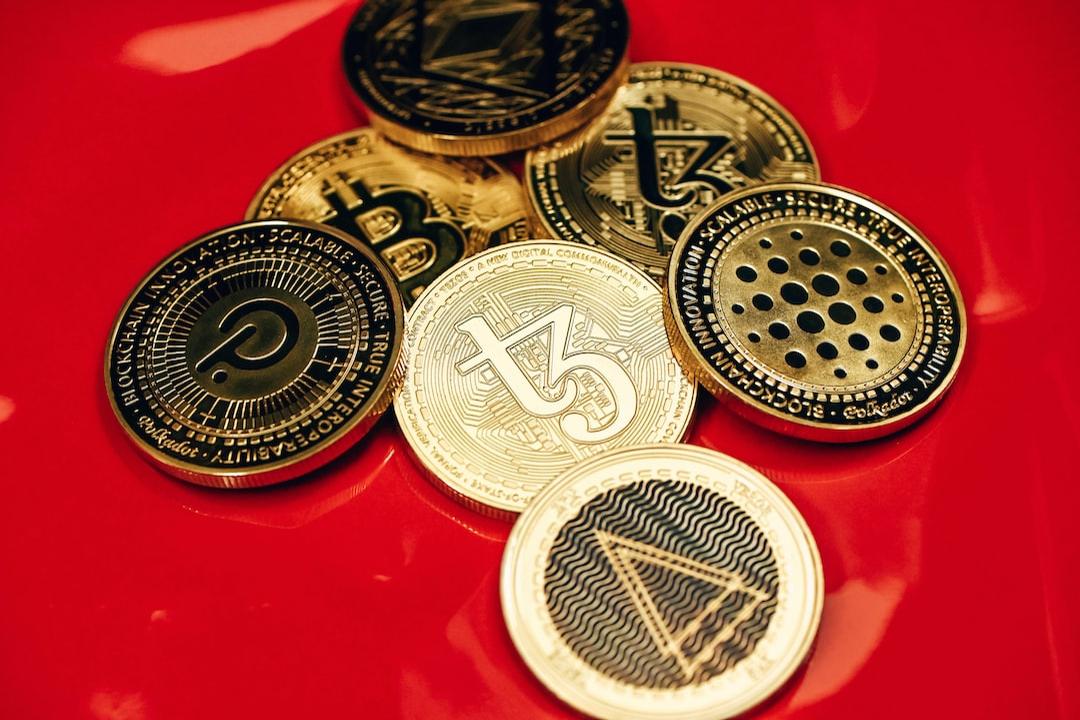The Central Bank of Bolivia (BCB) has announced a significant regulatory change, lifting the cryptocurrency trading ban that was implemented effective from XNUMX. This move aligns Bolivia with the regional trend and positions it more favorably in terms of digital assets.
The updated regulations now allow banks to engage in cryptocurrency transactions through authorized electronic channels. However, the BCB clarifies that cryptocurrencies are not considered legal tender. This means that while digital assets can be used for trading, they do not have official currency status, and businesses are not required to accept them as payment.
This regulatory update is a result of joint efforts by the BCB, the Financial Supervision Authority (ASFI), and the Financial Investigation Unit (UIF). It also aligns with the recommendations of the Financial Action Task Force of Latin America (GAFILAT), which urged Bolivia to address the challenges posed by the digital financial environment.
Read more:

How China’s cryptocurrency ban can help the US economy
Despite accepting Bitcoin and other cryptocurrencies, the BCB remains cautious. It plans to incorporate information on the risks associated with cryptocurrency transactions into its economic and financial education programs. This initiative aims to raise public awareness of secure management of digital assets and emphasize the importance of recognizing potential risks.
The lifting of Bolivia’s cryptocurrency ban marks the end of strict regulation that began in 2014 when the Financial System Supervision Authority banned the use of cryptocurrencies due to consumer protection and money laundering concerns. In 2022, the bank further restricted the use of cryptocurrencies in the financial sector to prevent risks, fraud, and economic losses.
With this change, Bolivia joins the ranks of countries adapting to the evolving digital financial and cross-border currency exchange landscape. This shift reflects a broader trend of regulatory adaptation to cope with the growing role of cryptocurrencies in the global financial system.




